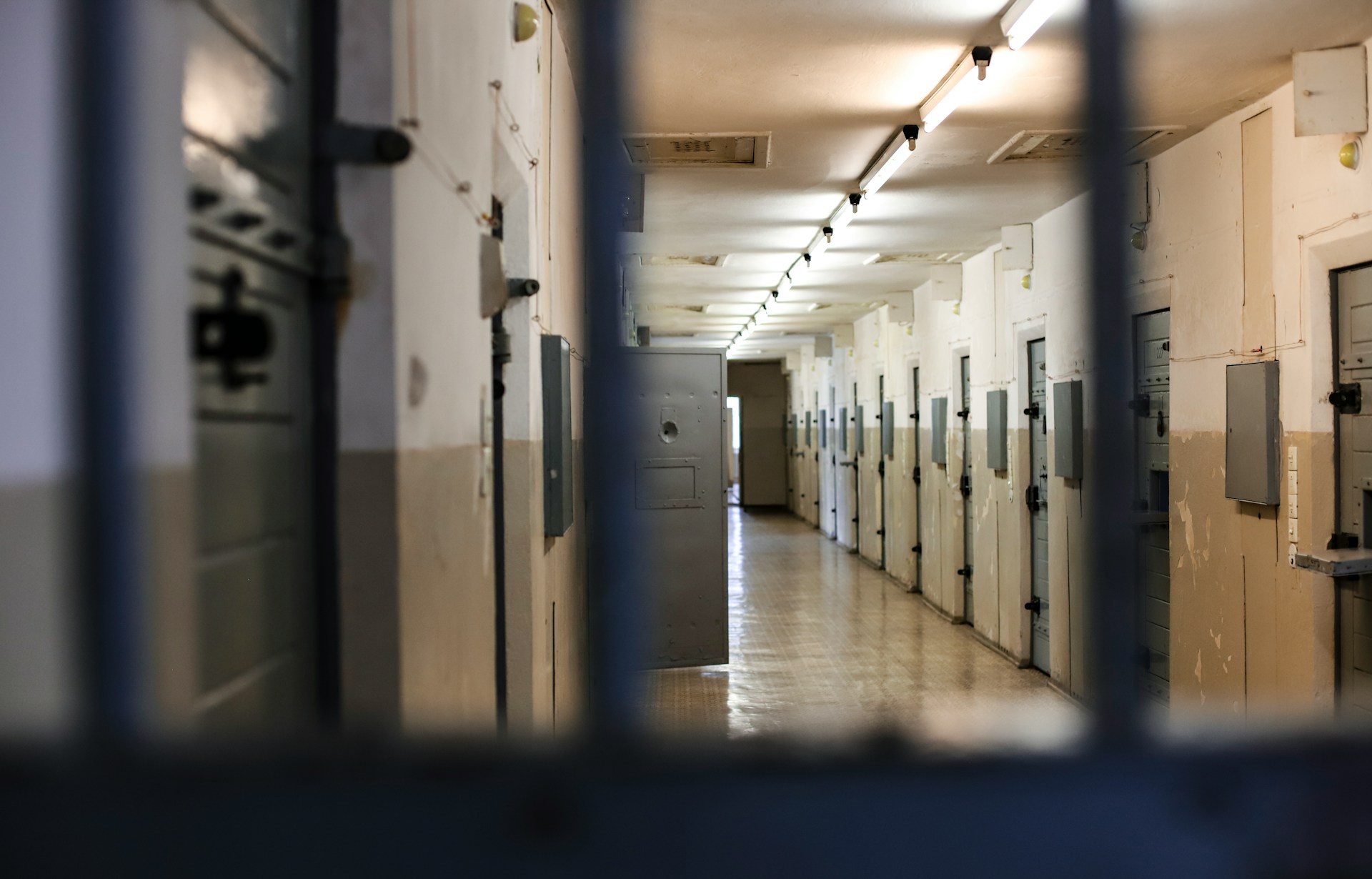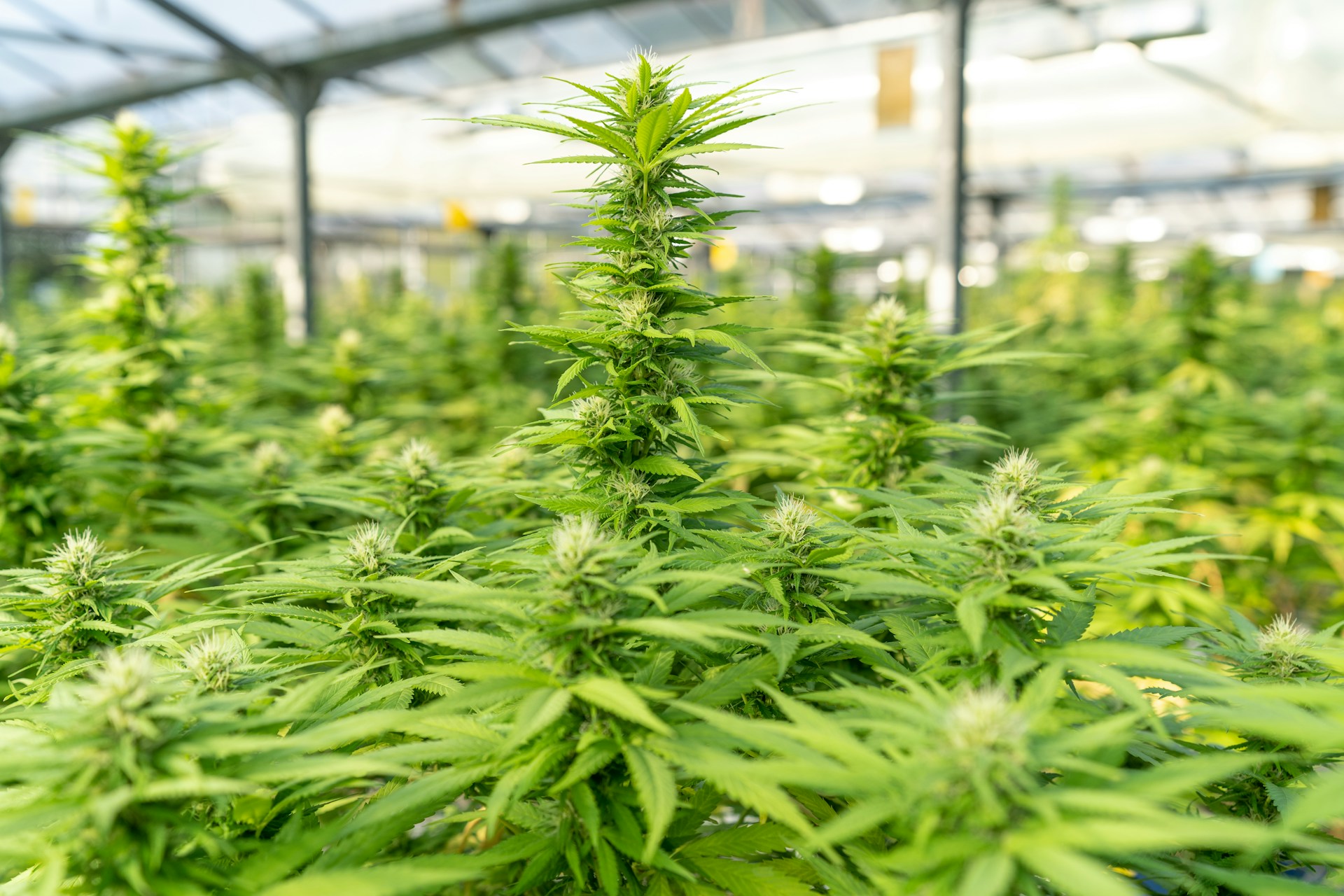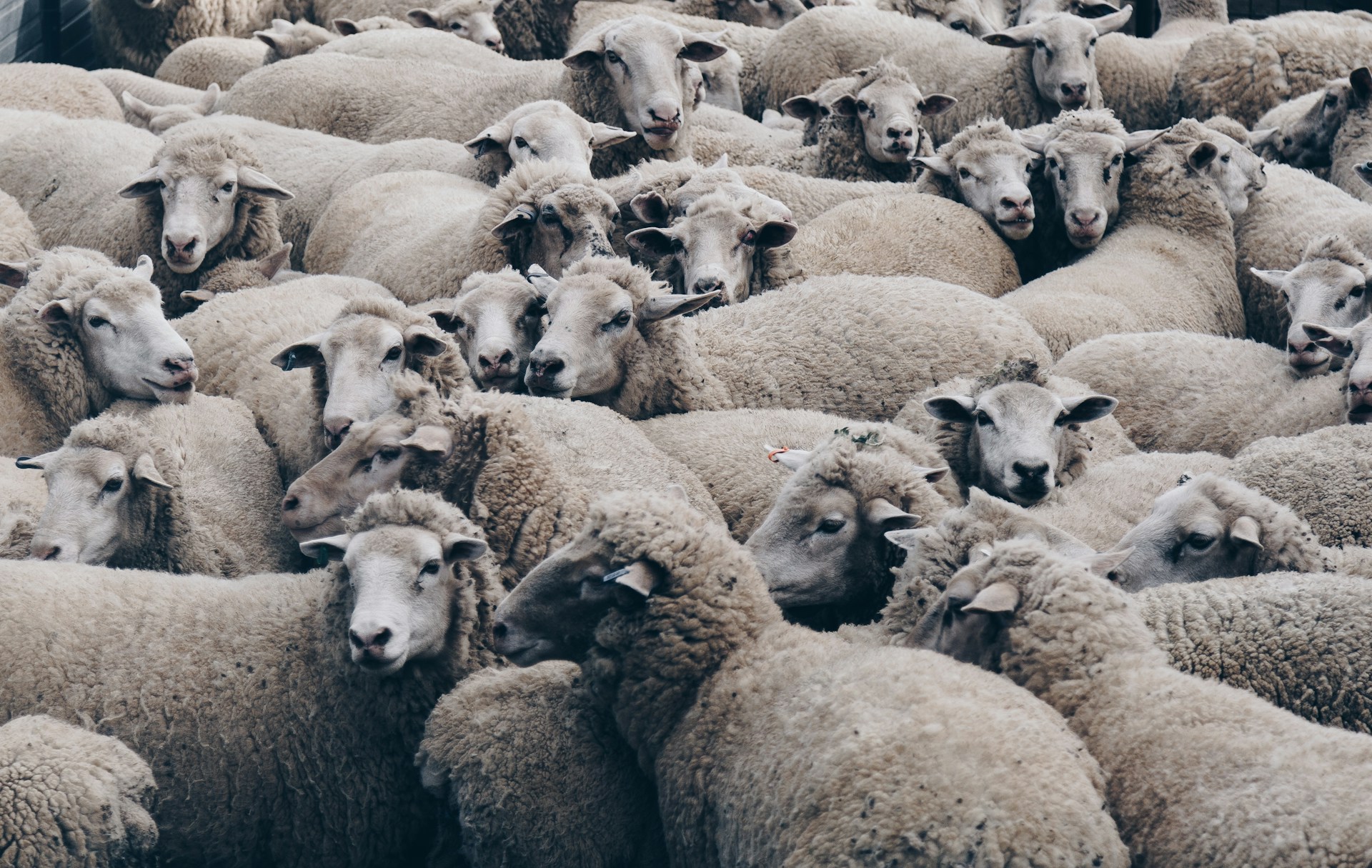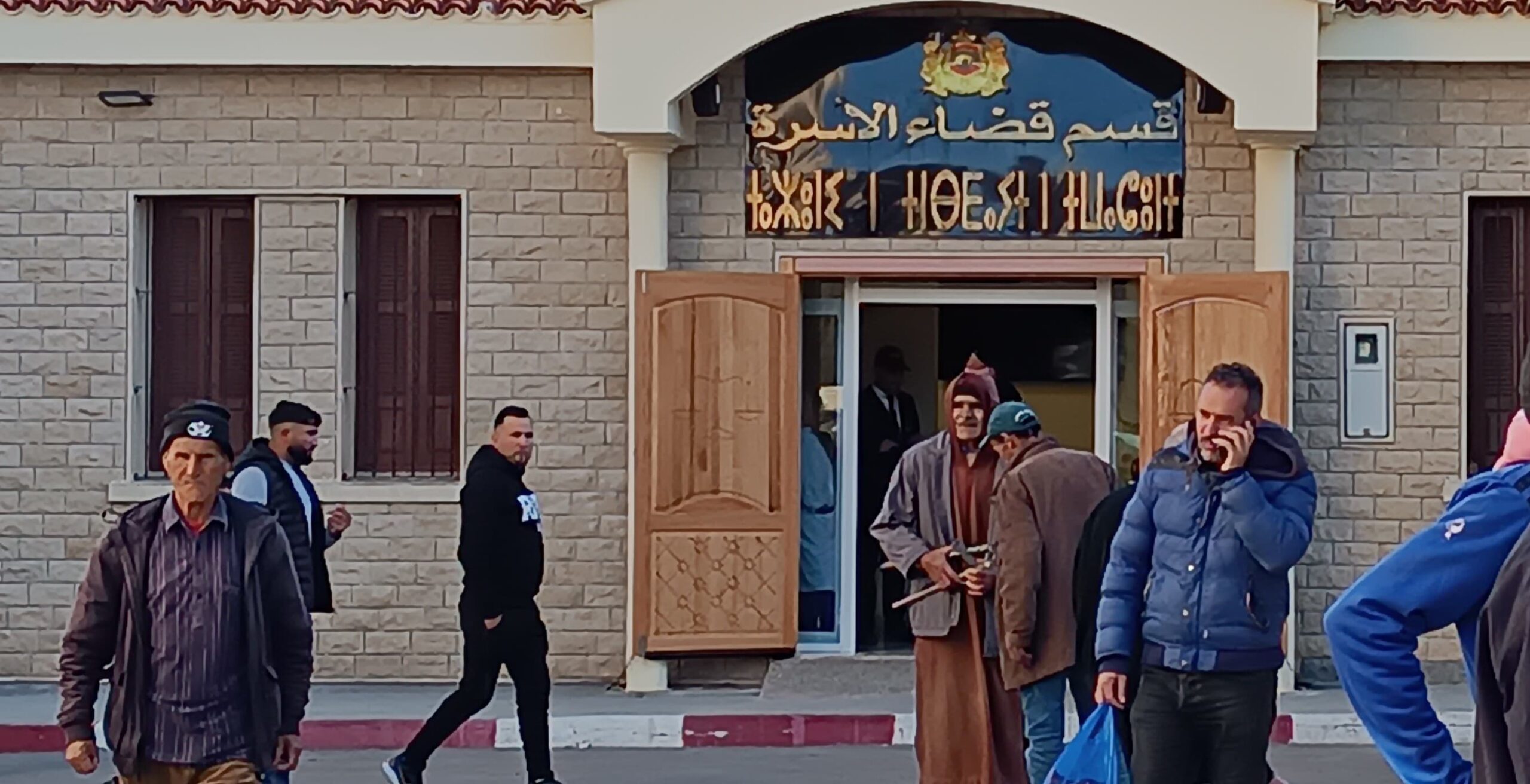Casablanca – Morocco has joined a growing list of countries that have suspended poultry imports from Brazil following the confirmation of a highly pathogenic avian influenza (H5N1) outbreak in the South American nation. The temporary suspension is part of a broader international response to contain the spread of the virus and to safeguard public and animal health.
The outbreak was reported at a commercial poultry farm in the municipality of Montenegro, located in the southern Brazilian state of Rio Grande do Sul. In response, Brazil’s Ministry of Agriculture announced the suspension of export certifications for poultry products to several trading partners, including Morocco. The measure aligns with health protocols agreed upon in bilateral trade agreements and is being implemented as a precautionary step.
A rapidly expanding health crisis
Brazil, one of the world’s largest poultry exporters, is now facing a widespread response from international markets. At least 17 countries have fully or partially suspended imports of Brazilian poultry, including Canada, Mexico, South Korea, Argentina, Uruguay, Malaysia, and Chile. Some countries, such as Japan and the United Kingdom, have opted for regional restrictions—limiting bans to the affected state or municipality—while others have enforced broader restrictions extending to surrounding areas or the entire Brazilian territory.
In Morocco’s case, the decision involves a complete suspension of poultry imports from all Brazilian regions. Authorities in Rabat indicated that the move is part of a broader policy of risk prevention to ensure food safety and prevent the potential introduction of the virus into the national food supply.
“Preserving the health of consumers and protecting domestic poultry farms are the main objectives of this measure,” said a statement from Moroccan agricultural officials. Morocco imports several thousand tonnes of poultry annually, with Brazil being one of its key suppliers.
Coordination between authorities
The Moroccan Interprofessional Federation for the Poultry Sector (FISA) has confirmed that it is working closely with the National Office for Food Safety (ONSSA) to monitor the situation. The federation has assured that the local poultry supply remains stable and unaffected by the suspension.
“Morocco has a robust and well-structured poultry sector. For the time being, the national market will not experience shortages,” FISA stated.
On the Brazilian side, the Ministry of Agriculture has implemented several measures to reassure international trade partners. The affected farm has been fully disinfected, with clean-up operations completed by May 20. A 28-day observation period is now underway in accordance with the guidelines set by the World Organization for Animal Health (WOAH). If no additional outbreaks are detected, Brazil may be able to restore its disease-free status by mid-June.
Authorities in Brazil have emphasized the importance of transparency in rebuilding trust with importing countries. They also noted that some nations may choose to resume imports before the end of the observation period, depending on their assessment of Brazil’s containment and control efforts.
Global trade and biosecurity implications
The outbreak comes at a time when global food supply chains are under increasing scrutiny due to biosecurity risks. Poultry, a widely consumed source of animal protein, is particularly sensitive to disease outbreaks due to the high density and mobility of commercial flocks.
As of May 19, Brazilian authorities were still analyzing four additional suspected cases of H5N1, including two in backyard farms and two in commercial facilities located in different states. Preliminary test results from one farm in Tocantins returned negative, offering a degree of reassurance.
The temporary trade suspensions have economic implications for Brazil’s poultry sector, though officials remain optimistic about a swift return to normal operations. The country remains committed to upholding international health standards and maintaining open communication with its trade partners.
A wait-and-see approach
Moroccan health authorities have not set a timeline for lifting the suspension. Any decision will depend on further developments in Brazil and the health assurances provided through diplomatic and technical channels. Until then, Morocco continues to monitor the global situation and maintain heightened vigilance over all imported animal products.
The incident highlights the importance of international cooperation in managing zoonotic disease outbreaks and ensuring food safety in an interconnected global market. While the economic impact of the temporary suspension is still being assessed, the swift and coordinated actions by both Morocco and Brazil illustrate the growing priority placed on health security in global trade.
















